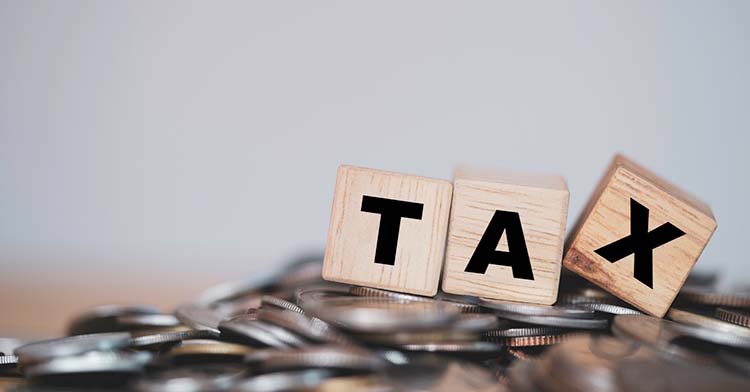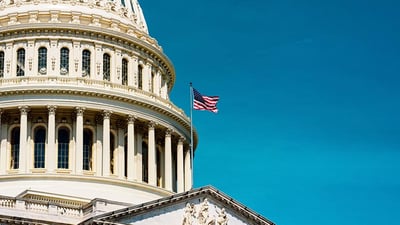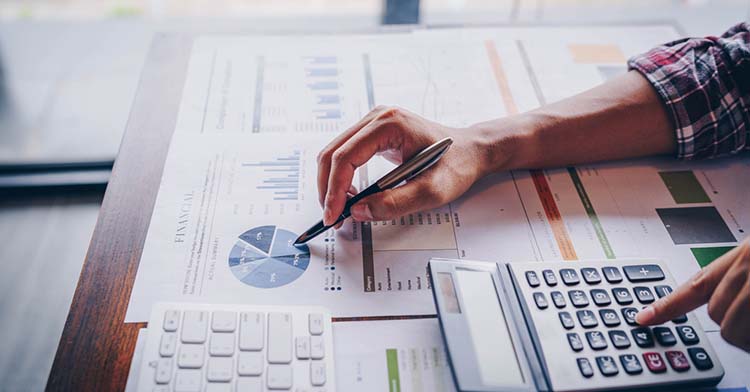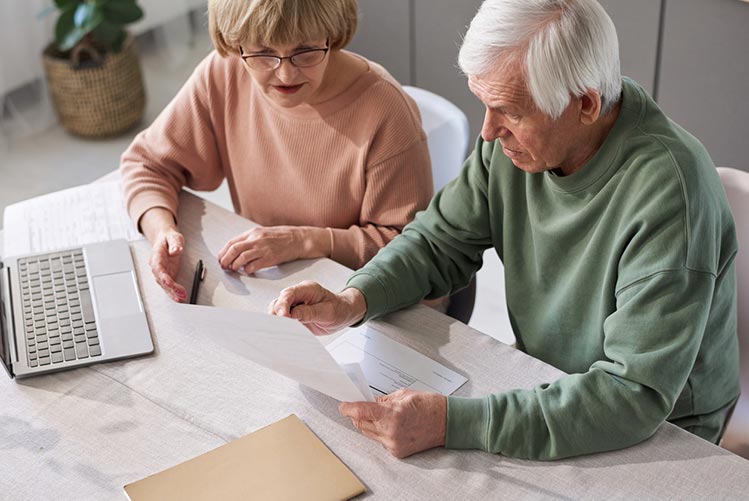What is a Trust Fund and How Does it Work?

The phrase "trust fund" invokes a vision of wealth, privilege, and even tax avoidance. However, there are many types of trusts, and they have varied purposes. Indeed, many intend to support the perpetuation of wealth and seek to manage taxes for both the grantor and the beneficiary. The grantor is the individual who establishes the trust, the trustee is the neutral third party responsible for managing and distributing the assets according to the grantor’s instructions, and the beneficiary is the recipient. In some cases, the trustee may also be a beneficiary.
Is Capital Gains Tax the Same as Inheritance Tax?

It seems as though just about everything in the United States is subject to some sort of tax. As an American citizen, you’re taxed on wages and earnings, the purchase of goods and services, and property ownership.
How To Manage A Rental Property Remotely

Marketing, finding tenants, signing the lease, maintenance, unexpected repairs, the list of tasks that go into managing a rental property is extensive. So, how can you manage a rental property remotely if you don’t live locally?
Can a State Change its Opportunity Zone Designation?

This is a loaded question since there are a few questions being asked. First, can an opportunity zone (OZ) change its entire designation, and then can it change only parts of it? Let's dig deeper into what these questions mean, if they are possible, and finally, how to go about implementing the changes.
Can Earnest Money Come From a 1031 Exchange?

Completing a 1031 exchange is a common way for real estate investors to defer capital gains taxes from the sale of investment properties.
When Must Deferred Taxes Be Paid?

Tax deferment isn’t the same as tax-free or a tax credit. Tax-free means taxes aren’t owed on gains. Tax deferment means taxes are owed but at some point in the future. Depending on how taxes are deferred, the time that the tax bill comes due can vary. We’ll look at several different tax deferral methods and when taxes may be owed for each.
What is Gross Easement?

A gross easement is commonly called an easement in gross and is one of the two most common forms of easement relating to real estate. The other type is referred to as an easement appurtenant. The appurtenant easement involves benefits to one piece of property at the expense of another. These easements belong to the land and are transferrable upon sale. A good example is an easement that allows access to one property by traversing another.
How Can I Transfer a Rental Property to an LLC?

As a rental property owner, you might be enjoying many benefits. These can include cash flow, depreciation, and tax deductions.
What Happens to a Depreciation Recapture in a 1031 Exchange?

Many real estate investors take annual depreciation expense, a non-cash flow reduction in income. However, the depreciation expense isn't a free lunch. Once the property is sold, the IRS will tax the depreciation. This is known as depreciation recapture. But does this same taxation apply under a 1031 exchange? Read on to find out.
Want To Unload That Investment Property? What Advisors Recommend

In a recent article featured on Barrons.com, Rob Johnson, Head of Wealth Management at Realized, weighed in on selling investment properties prior to retirement. While many boomers gearing up for retirement may be rethinking their strategy around real estate investments, Johnson says there are multiple things to consider before you sell.


